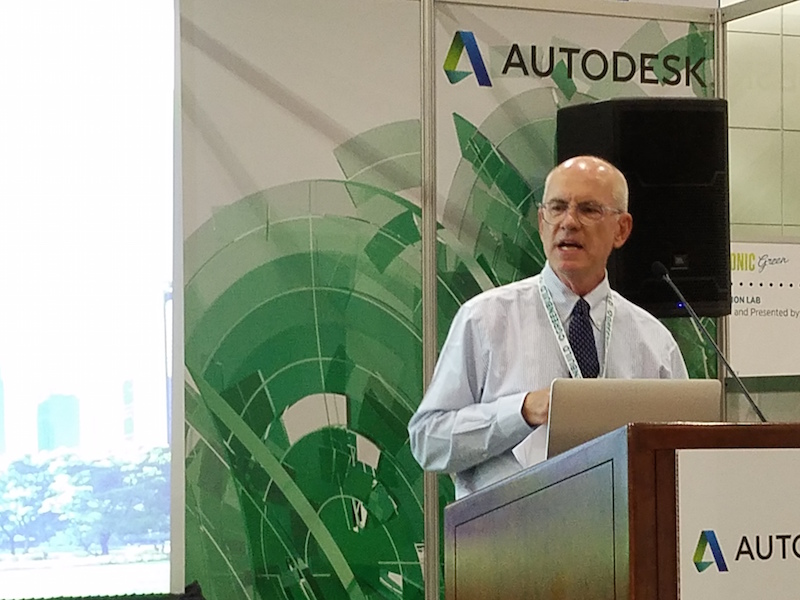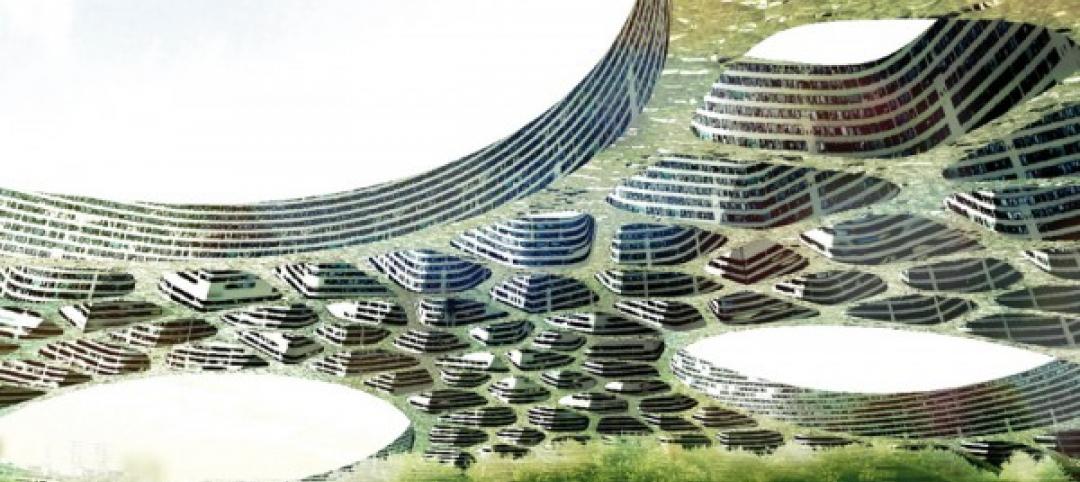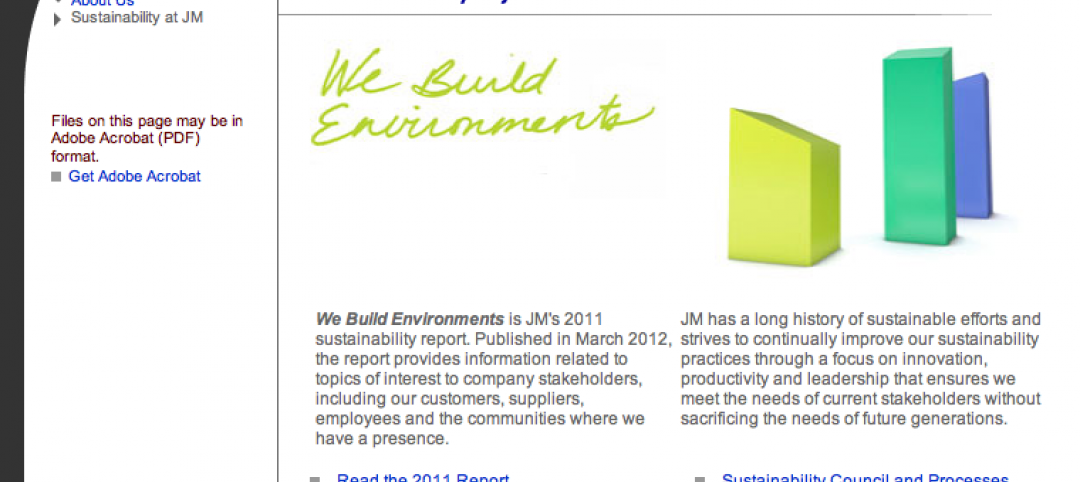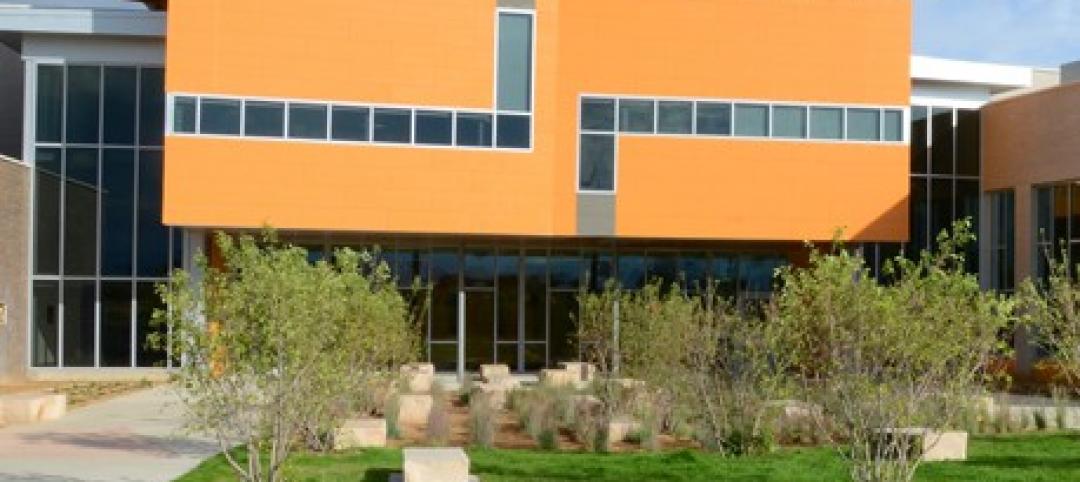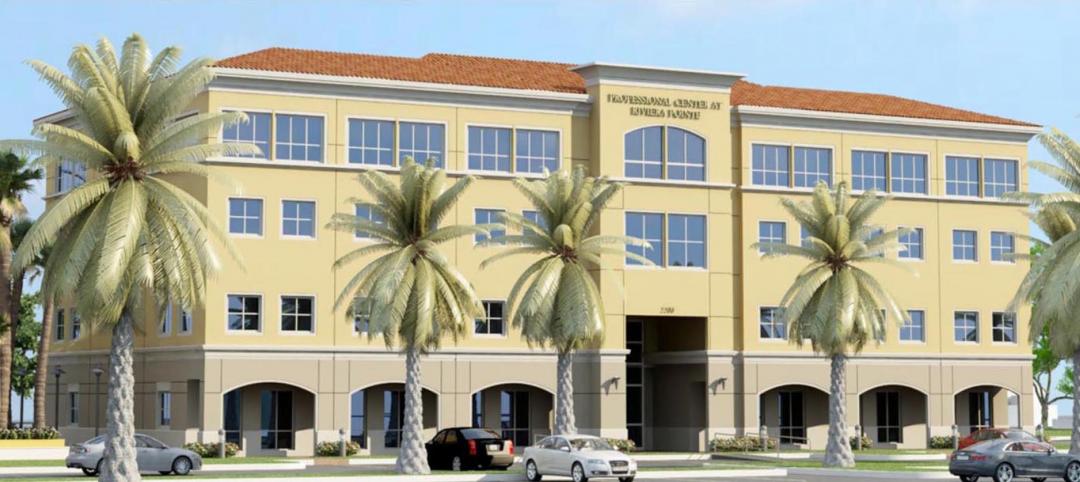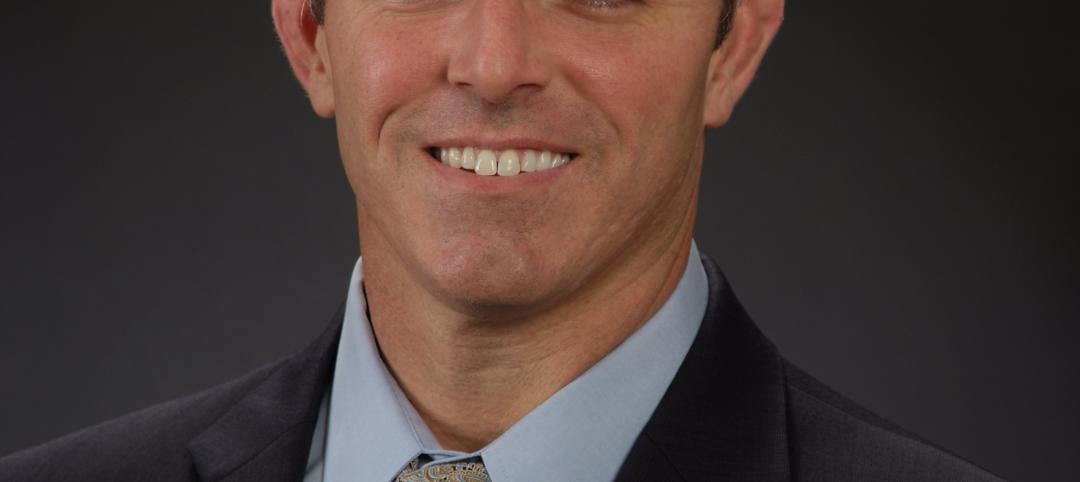A new software program that’s been more than five years in the making addresses one of the missing pieces in LEED certification—quantifying the value of going through the process.
At the Greenbuild convention in Los Angeles on Wednesday, Impact Infrastructure, a New York-based software supplier; and Autodesk, an investor in that company, introduced a beta version of Autocase for Sustainable Buildings, a web- and research-based software tool that can show building owners and their AEC teams the financial, social, and environmental returns from green strategies and practices, all in real time.
In addition, the U.S. Green Building Council (USGBC) has created a pilot credit under LEED v.4, called “Informing Design Using Triple Bottom Line Analysis,” that awards cost-benefit evaluations using Autocase that help users determine solutions for optimal returns from earning LEED points.
“What is the value of being green?” asked Mahesh Ramanujam, COO and incoming CEO of USGBC, during the press conference. He answered his own question by pointing out that in a nonresidential sector averse to sharing data, Autocase provides a much-needed measuring stick that is simple and affordable to use, and is informed by LEED’s vision.
Ramanujam framed Autocase as giving more ammunition to users that are weighing the pros and cons of LEED certification, at a time when LEED finds itself competing with several other certification programs, some of which are more focused on wellness and post-occupancy comfort and efficiency. Ramanujam suggested as well that Autocase “raises the bar” for any subsequent versions of LEED.
John Williams, CEO of Impact Infrastructure, recounted how his company and its strategic partners, which include the third-party certifier Green Business Certification Inc. (GBCI), had been working on this tool since the beginning of this decade. Early versions were too expensive, so Impact Infrastructure went back to the drawing board to refine the software so that it was not only more affordable to a broader customer base, but also much quicker to use.
“What would have cost $250,000 for a custom analysis now costs virtually nothing,” he said. “We’re filling the gap and showing value.” And an analysis that would have taken months to complete is now automated with a few keystrokes for speedy information delivery.
Ryan Meyers, Impact’s Chief Technology Officer, and the principal architect of Autocase, gave a brief demonstration of the product, showing how users plug in their own market-specific data, which Autocase applies to its analysis for calculating the savings for owners, occupants, and other stakeholders, based on a raft of existing research and case studies.
Much like Turbo Tax, Autocase has an icon at the top of its home page that tells uses how much they gain from green building. For example, if you want to know the value of sustainable water practices or how green building benefits the long-term health of occupants, Autocase can provide a dollar estimate that changes as new data are introduced.
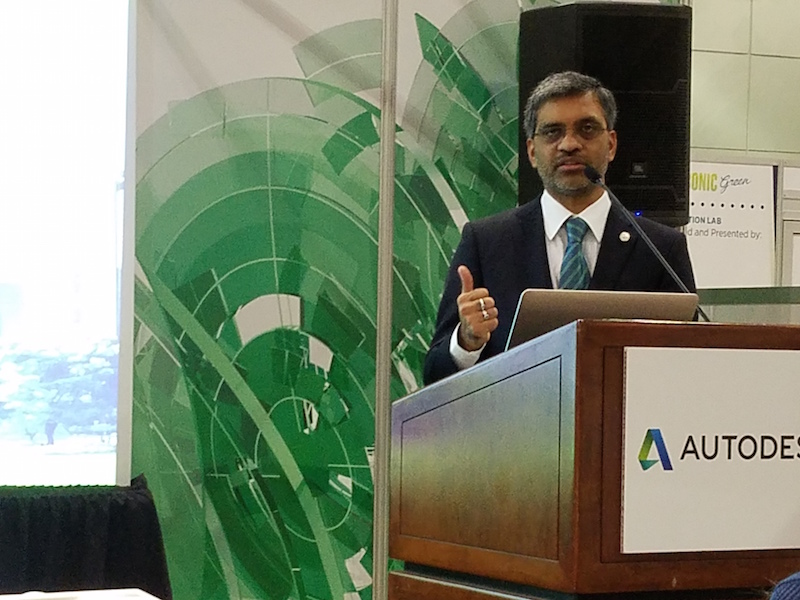
Mahesh Ramanujam, the incoming CEO of the U.S. Green Building Council, which created a pilot credit in LEED certtification for analyses that derive from Autocase software. Image: BD+C
For Johns Hopkins University’s Sustainable Campus Initiative LEED Existing Buildings certification, Autocase was used to analyze energy and water conversation practices—such as efficient lighting, heat recovery, and graywater systems—and prioritized investments in order to build a case that was used to get budgetary approval.
Dewberry is using this tool for the renovation of its corporate headquarters, said Lidia Berger, MEM, LEED Fellow, LEED AP BD+C, LEED O+M, the engineering firm’s sustainability director.
Sometime in the first quarter of 2017, Impact Infrastructure plans to release a production version of Autocase, along with a similar tool for analyzing and quantifying green infrastructure practices, said Meyers.
Related Stories
| Apr 11, 2012
Shawmut appoints Tripp as business development director
Tripp joined Shawmut in 1998 and previously held the positions of assistant superintendent, superintendent, and national construction manager.
| Apr 11, 2012
C.W. Driver completes Rec Center on CSUN campus
The state-of-the-art fitness center supports university’s goal to encourage student recruitment and retention.
| Apr 6, 2012
Flat tower green building concept the un-skycraper
A team of French designers unveil the “Flat Tower” design, a second place winner in the 2011 eVolo skyscraper competition.
| Apr 6, 2012
Rooftop solar energy program wins critical approval from L.A. city council
Los Angeles Business Council applauds decision allowing LADWP to create new national model for rooftop solar energy
| Apr 3, 2012
Product Solutions
Two new PV systems; a lighter shelf; and fire alarm/emergency communication system.
| Apr 3, 2012
Johns Manville publishes 2011 Sustainability Report
Report covers JM’s long-time sustainability focus and progress towards goals.
| Apr 3, 2012
Educational facilities see long-term benefits of fiber cement cladding
Illumination Series panels made for a trouble-free, quick installation at a cost-effective price. The design for Red Hawk Elementary School stems from the desire to create a vibrant place for kids to learn. In an effort to achieve this design, RB+B Architects selected Nichiha USA to provide a durable yet modern, contemporary exterior finish.
| Apr 2, 2012
TGP launches new fire-rated glazing website
Website offers online continuing education courses registered with the American Institute of Architects (AIA), BIM 3D models, and rapid-response quoting, among other support tools.
| Apr 2, 2012
EB-5 investment funds new Miramar, Fla. business complex
Riviera Point Holdings breaks ground on $17 million office center.
| Mar 27, 2012
Skanska hires aviation construction expert Bob Postma
Postma will manage Skanska’s nationwide in-house team of airport construction experts who lead the industry in building and renovating airport facilities and their essential features.


